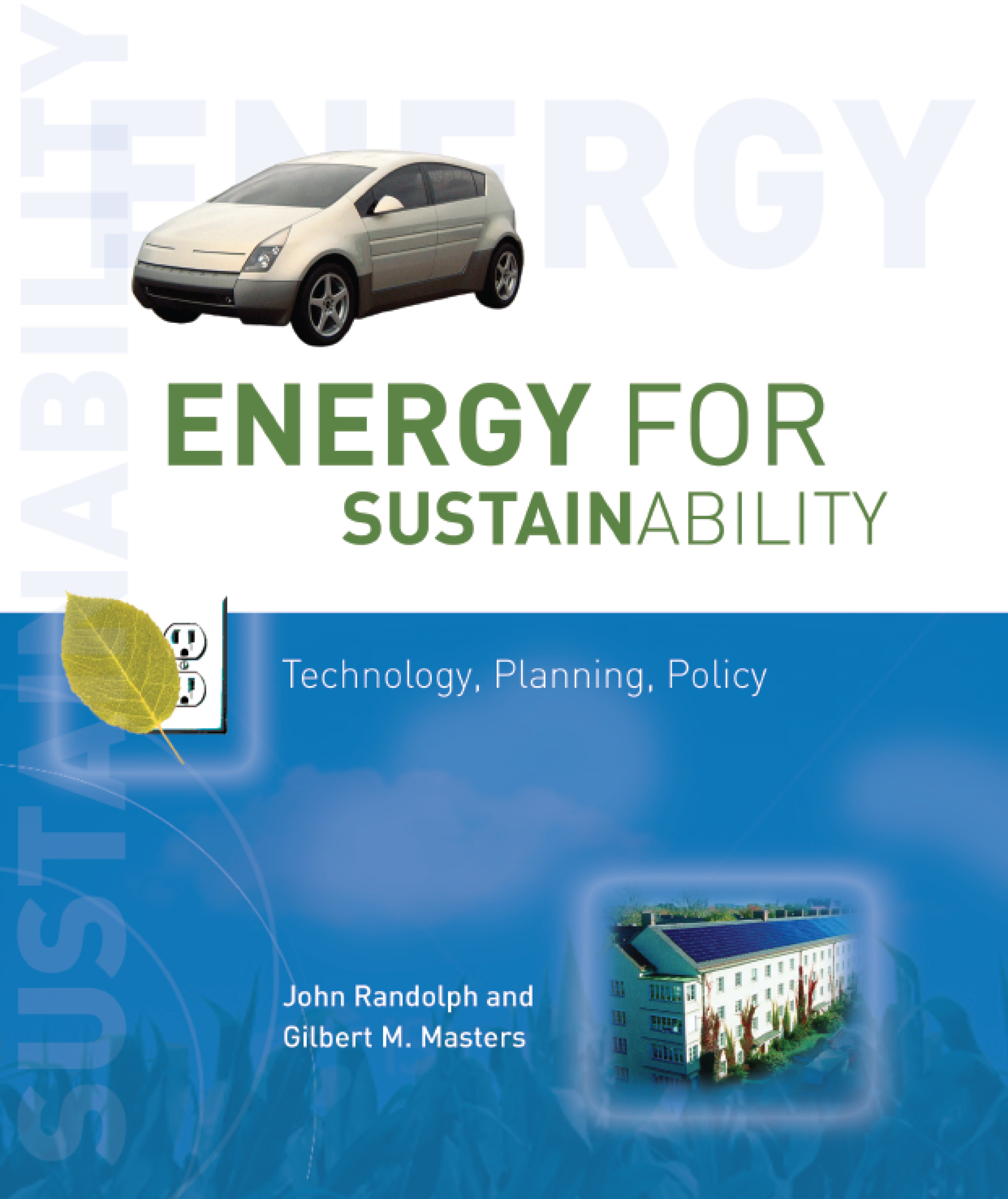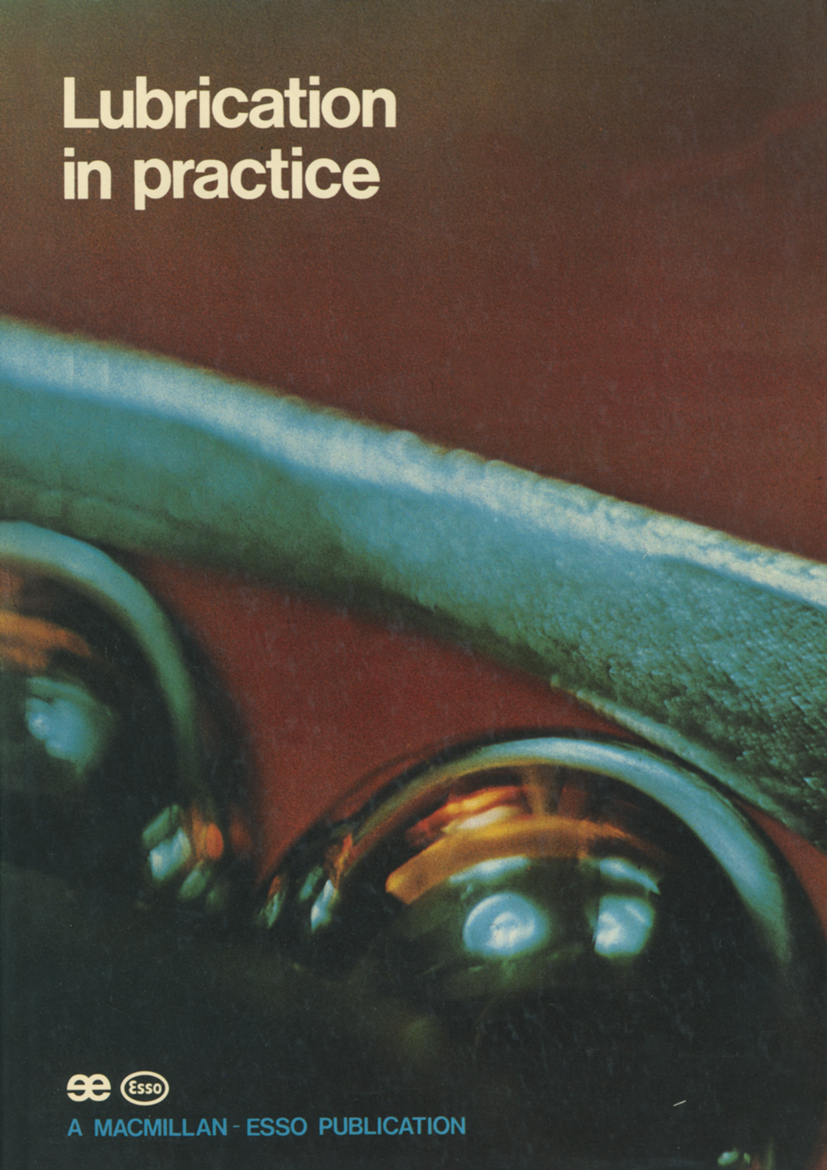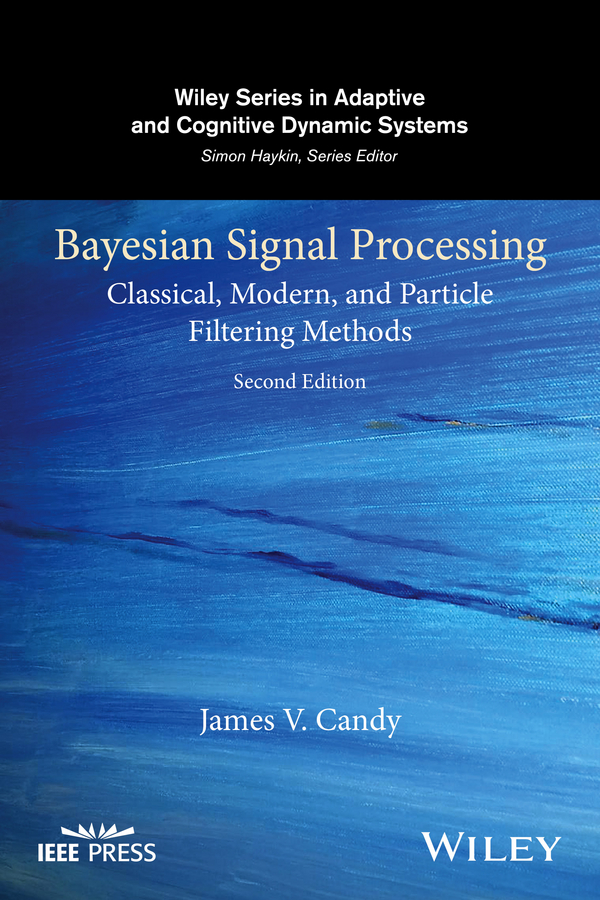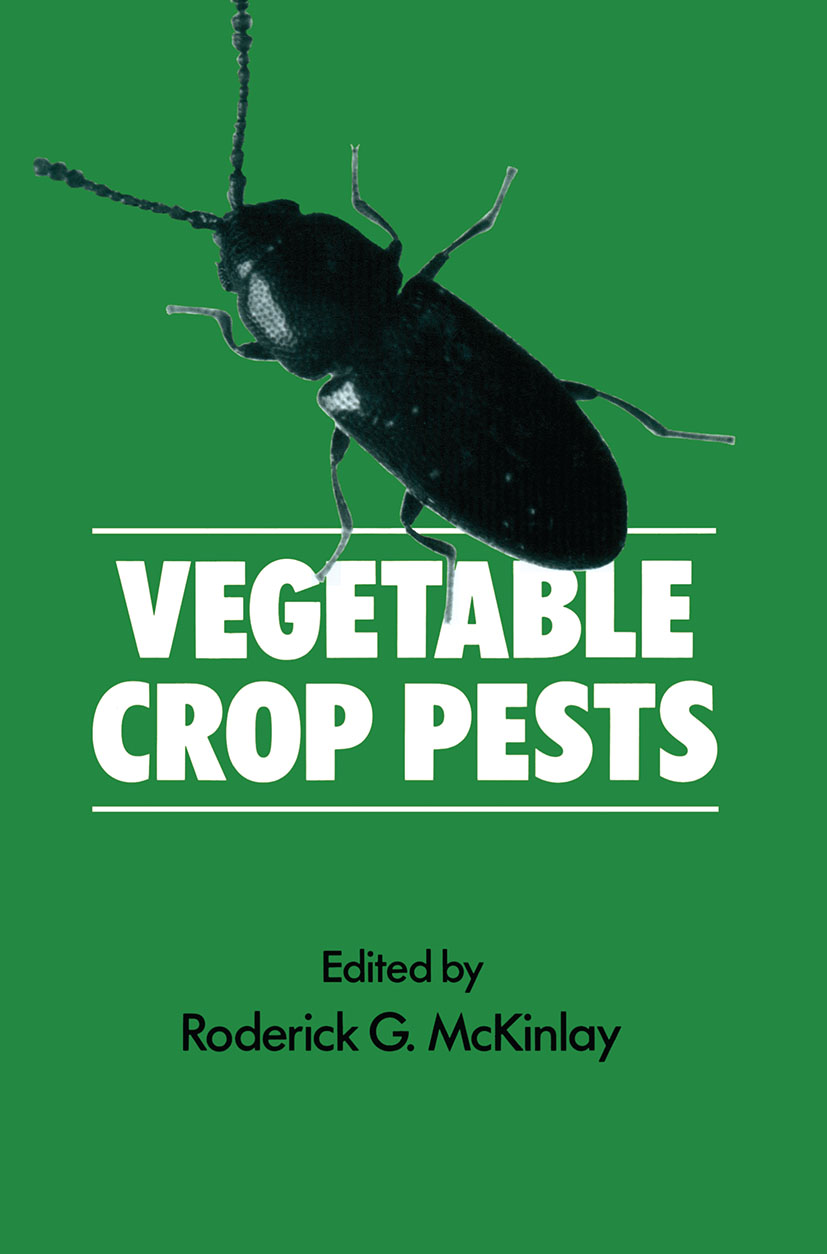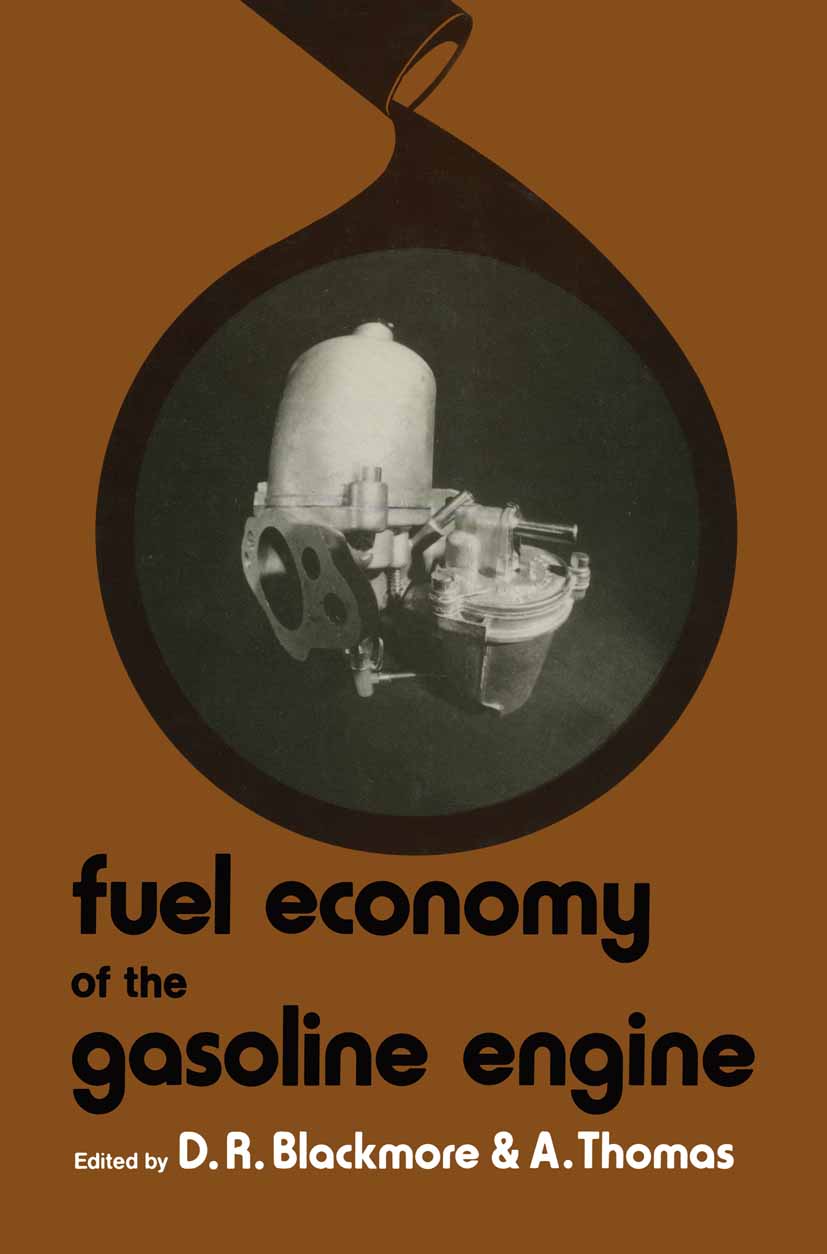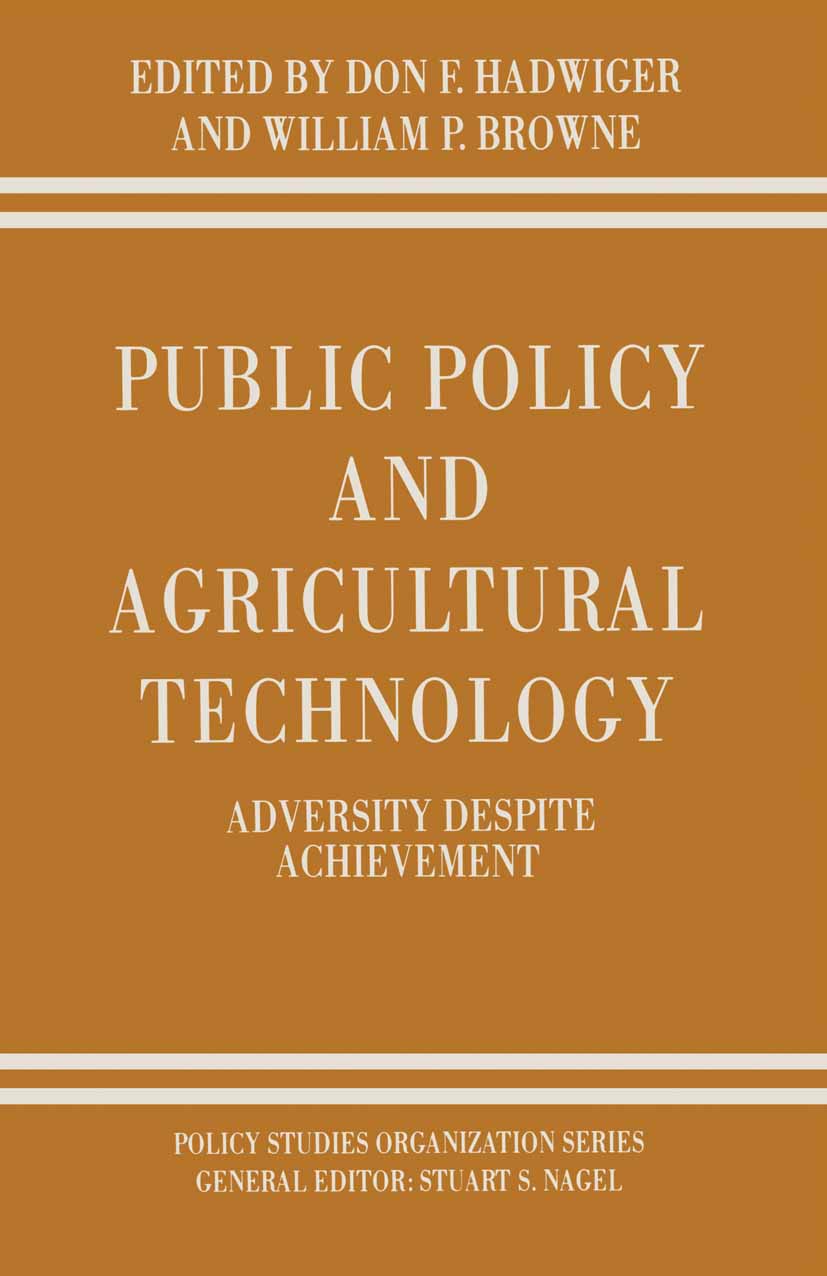Beneficial Microbes for Sustainable Agriculture and Environmental Management
Beneficial Microbes for Sustainable Agriculture and Environmental Management
Microbes are the most abundant organisms in the biosphere and regulate many critical elemental and biogeochemical phenomena. Because microbes are the key players in the carbon cycle and in related biological reactions, microbial ecology is a vital re...
Read more
Microbes are the most abundant organisms in the biosphere and regulate many critical elemental and biogeochemical phenomena. Because microbes are the key players in the carbon cycle and in related biological reactions, microbial ecology is a vital research area for understanding the contribution of the biosphere in global warming and the response of the natural environment to climate variations. The beneficial uses of microbes have enabled constructive and cost-effective responses that have not been possible through physical or chemical methods. This new volume reviews the multifaceted interactions among microbes, ecosystems, and their pivotal role in maintaining a more balanced environment, in order to help facilitate living organisms coexisting with the natural environment. With extensive references, tables, and illustrations, this book provides valuable information on microbial utilization for environmental sustainability and provides fascinating insights into microbial diversity. Key features include: Looks at enhancing plant production through growth-promoting arbuscular mycorrhizae, endophytic bacteria, and microbiome networks Considers microbial degradation and environmental management of e-wastes and azo dyes Explores soil-plant microbe interactions in metal-contaminated soils Examines radiation-resistant thermophiles for engineered bioremediation Describes potential indigenous/effective microbes for wastewater treatment processes Presents research on earthworms and microbes for organic farming
Less


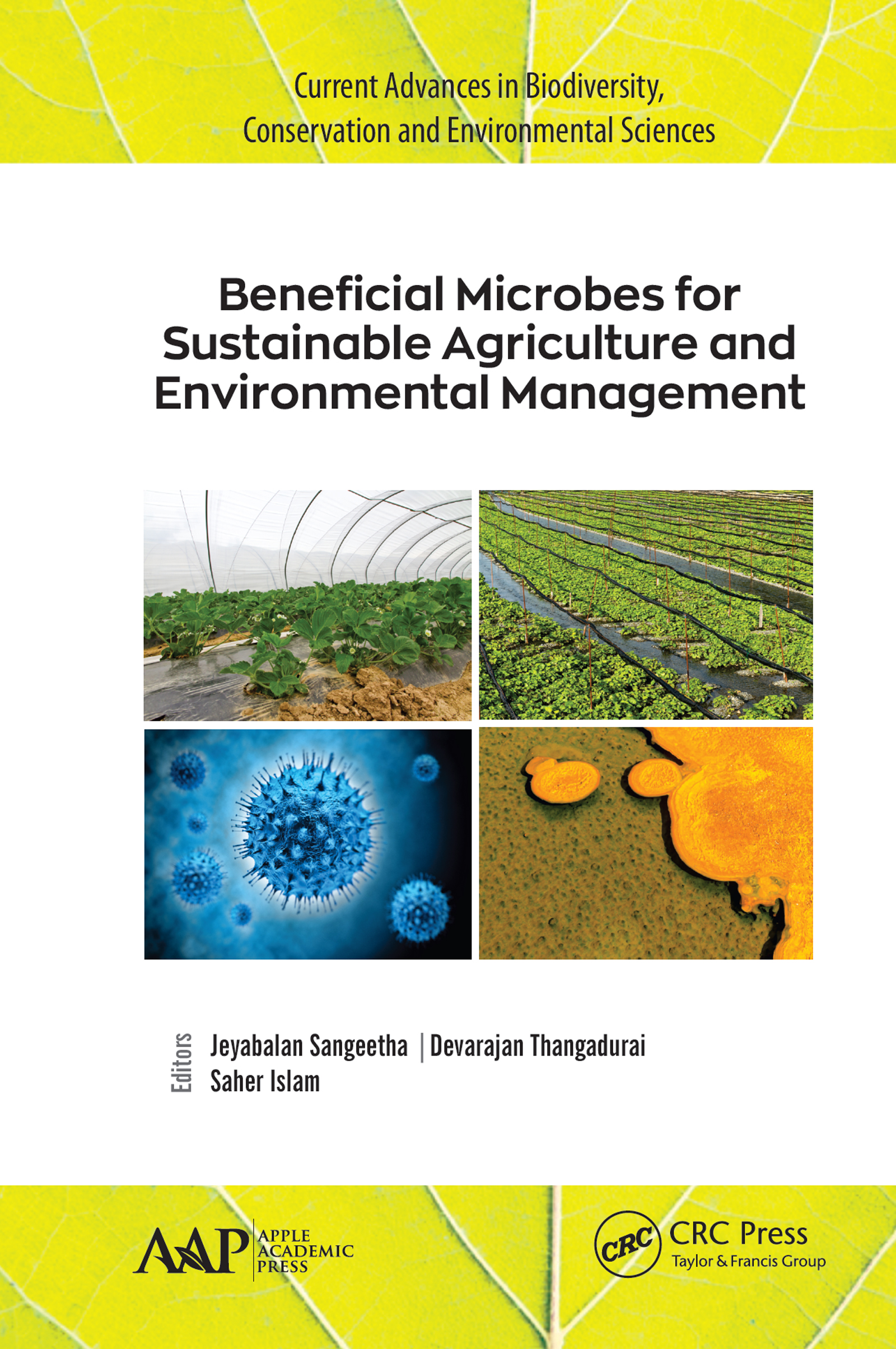



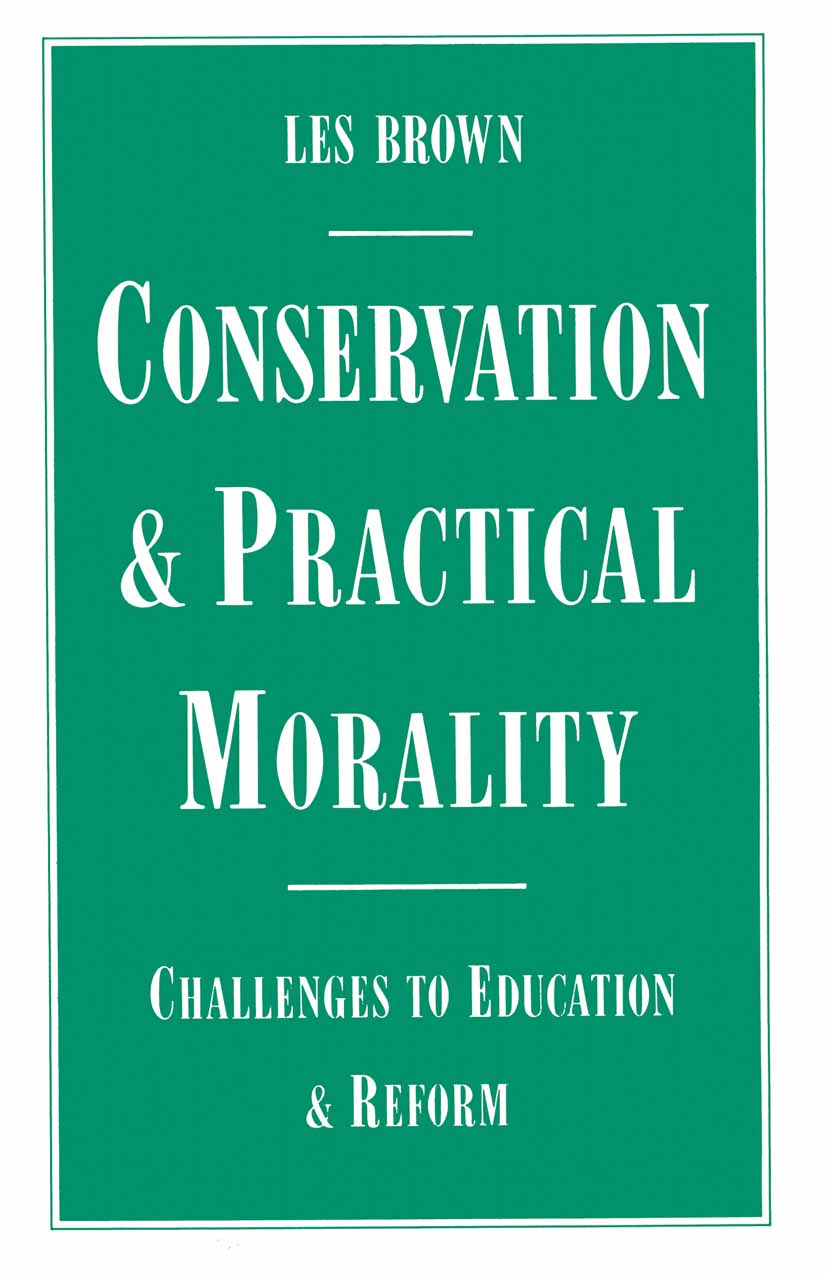
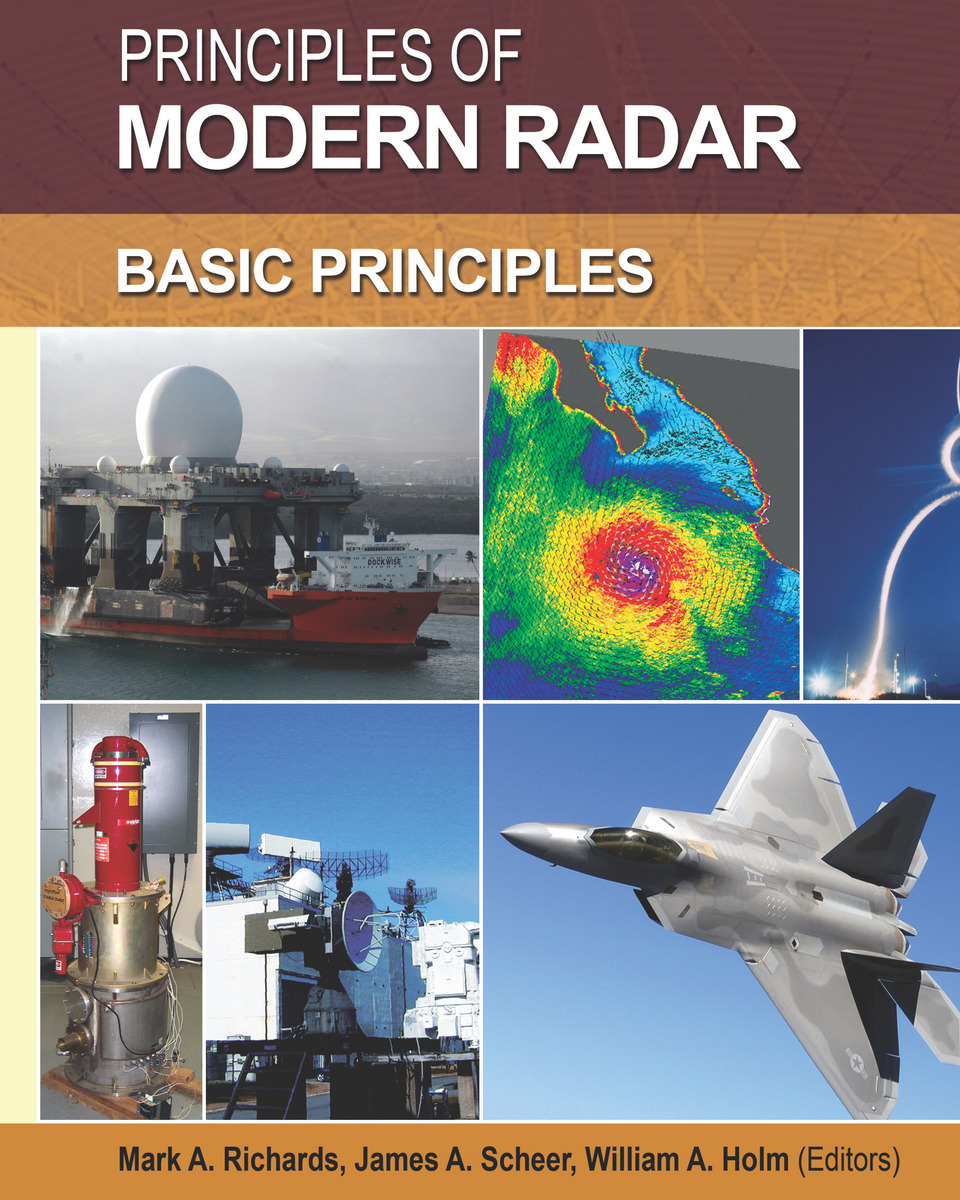
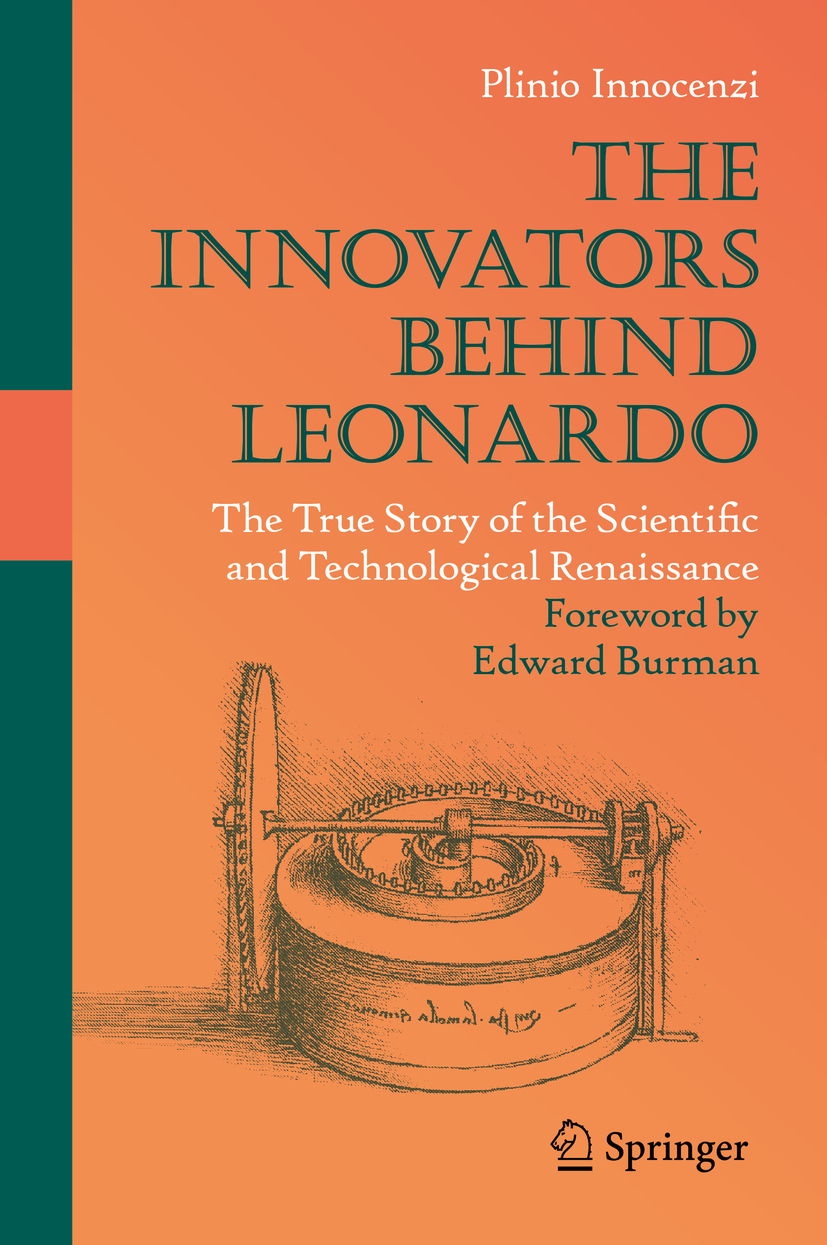
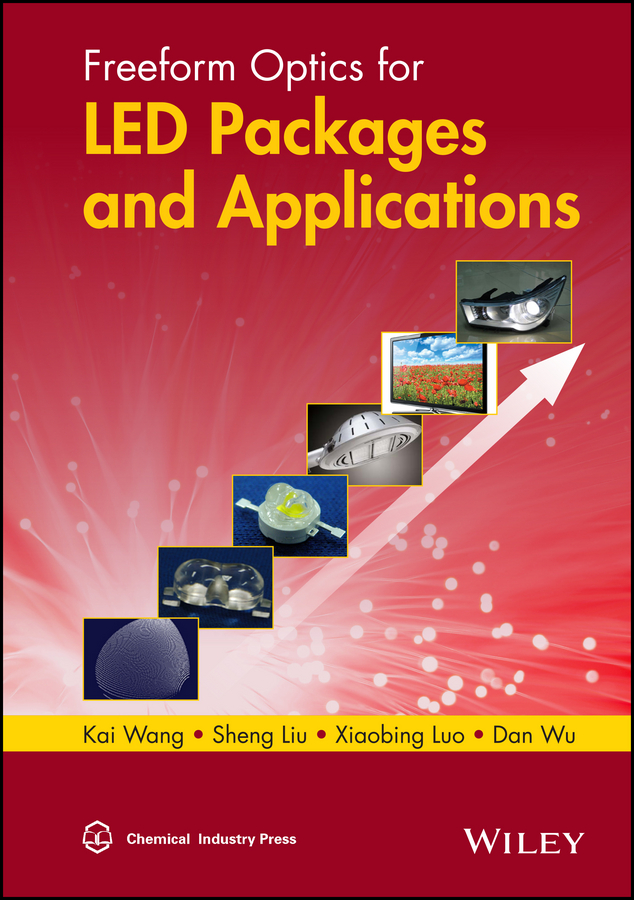
.jpg)

